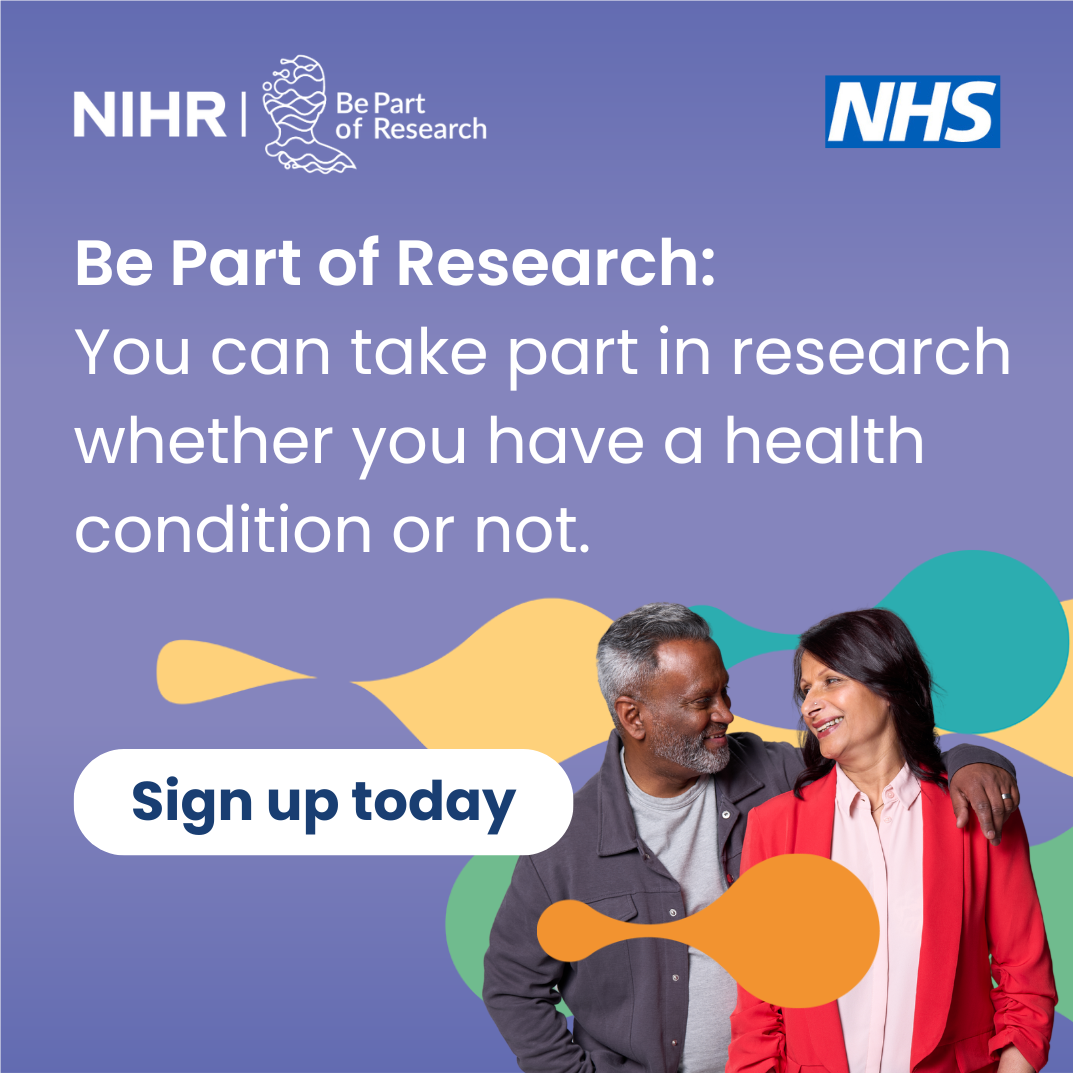We are part of a network of local practices taking part in high quality research activities funded by the National Institute for Health Research (NIHR)- Research Delivery Network– North West Coast.
This means we actively support and conduct different types of research with the intention of improving outcomes for patients. New treatments, technologies care approaches and devices all need to be carefully and safely tested in real life healthcare environments. Clinical research in these environments is separately funded and adds value to patient care. All clinical research undertaken at our surgery is thoroughly checked and approved by ethical committees, to ensure it is safe to perform.
A strict code of conduct is at the heart of all our work to make sure data is always confidential.
https://ico.org.uk/for-organisations/uk-gdpr-guidance-and-resources/personal-information-what-is-it/
January 2025- We are currently engaged in 10 research studies and have recruited 544 participants to date.
This research contributes to breakthroughs in diagnostics, treatment, prevention, and interventions for patient care now and in the future. We would like to say a huge thank you to all our patients past and present who have taken part in research.
